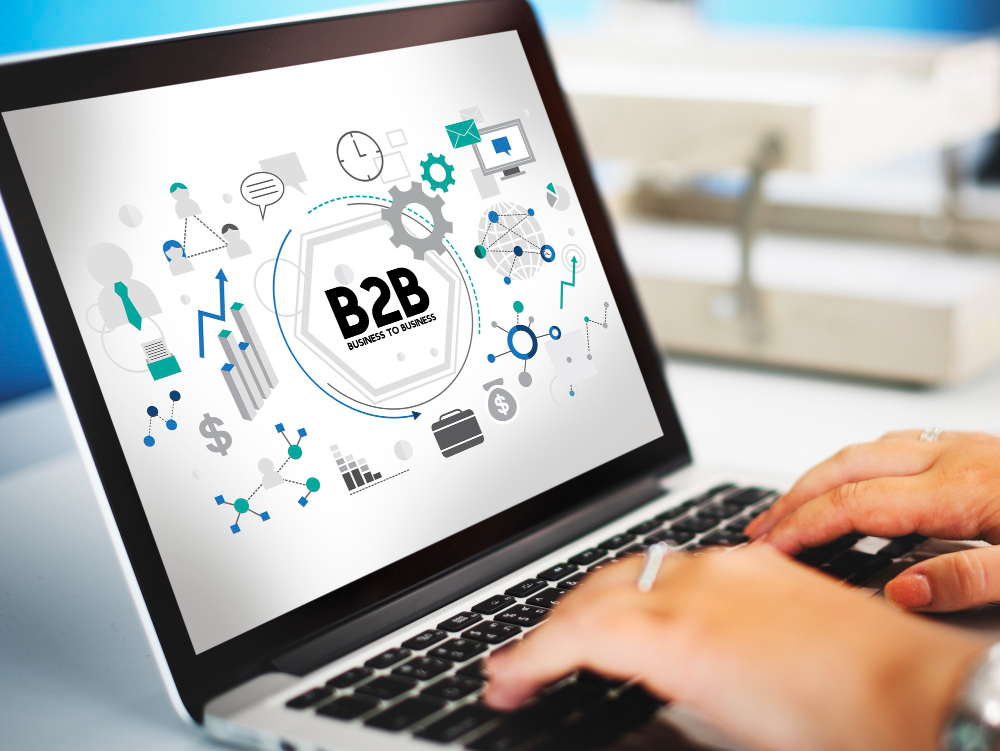In the fast-evolving world of B2B marketing, artificial intelligence (AI) is proving to be a game-changer, particularly in the realm of eLearning development. As we look towards 2025, AI’s integration into eLearning platforms is set to redefine marketing strategies, offering innovative solutions tailored to specific B2B needs. These AI-powered tools are not just futuristic concepts but are currently transforming how businesses educate their teams and clients, streamline operations, and enhance engagement.
Firstly, personalized learning experiences are at the forefront of this revolution. AI algorithms can analyze user data to tailor content to individual learning styles and preferences. This level of customization improves knowledge retention and engagement, crucial for B2B environments where niche expertise is often required. For instance, an AI-driven platform might adjust the difficulty of content modules in real-time based on a learner’s progress, offering a more efficient learning journey.
Another significant innovation is the implementation of AI-powered chatbots in eLearning. These virtual assistants handle routine queries and facilitate interactions with the platform. Available 24/7, they enhance user experience by providing instant support and guidance. In a B2B setup, this means uninterrupted learning and minimal downtime, as learners can resolve issues without waiting for human intervention, fostering a more proactive learning environment.
AI also plays a vital role in predictive analytics within eLearning platforms. By analyzing patterns in user behavior, AI can identify areas of improvement and predict future learning outcomes. This foresight allows organizations to adjust their training programs preemptively, ensuring content remains relevant and effective. For B2B marketers, this capability leads to more strategic planning and resource allocation, ultimately driving better business outcomes.
Furthermore, content creation has been revolutionized by natural language processing (NLP) technologies. AI can now generate and update content rapidly, ensuring information remains current and comprehensive. This is particularly beneficial in industries with rapid technological advancements where staying updated is crucial. Marketers can leverage this AI capability to distribute timely and accurate training materials, reinforcing their role as industry thought leaders.
Gamification, powered by AI, is enhancing user engagement in eLearning platforms. By incorporating elements like leaderboards, badges, and rewards, AI-driven gamification aligns with the competitive nature of business professionals, boosting motivation and participation. In a B2B context, gamified learning not only makes education enjoyable but also fosters a collaborative spirit, essential for team-based environments.
Finally, virtual and augmented reality (VR/AR) integrations are becoming more sophisticated with AI. These technologies offer immersive learning experiences that replicate real-world scenarios. For B2B companies, such tools are invaluable for hands-on training without the associated risks or costs. AI enhances these VR/AR experiences by providing dynamic, data-driven interactions, preparing teams for real challenges they might face in their professional roles.
As we sprint towards 2025, AI-powered eLearning innovations will continue to reshape B2B marketing strategies, ensuring they are not only effective but also deeply personalized and forward-thinking. By adopting these technologies, businesses can stay ahead in the competitive landscape, fostering a culture of continuous learning and adaptation.
